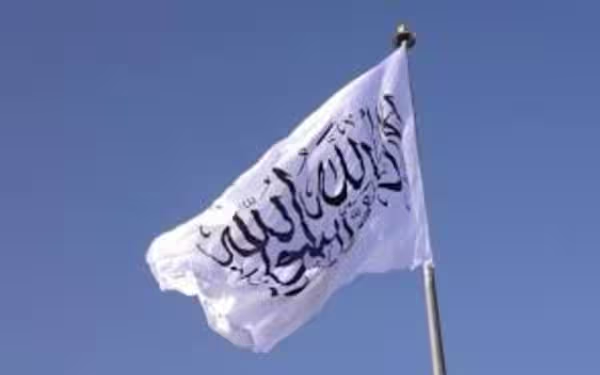Saturday, November 16, 2024 09:29 PM
US-West Engagement with Taliban: A New Diplomatic Approach
- Call for direct engagement with Afghan authorities.
- Critique of Western non-recognition strategy.
- Potential for Taliban as counterterrorism partner.
 Image Credits: thefrontierpost
Image Credits: thefrontierpostA Foreign Policy piece urges the US and West to engage directly with the Taliban for effective diplomacy and counterterrorism collaboration.
In recent discussions surrounding Afghanistan, a Foreign Policy opinion piece has sparked significant interest regarding the future of US and Western engagement with Kabul. As the new US administration, led by President-elect Donald Trump, prepares to take office, it faces a complex landscape filled with both opportunities and challenges. The article highlights the current state of US relations with the Islamic Emirate, which are described as nearly "deadlocked" following the discontinuation of the US special representative for Afghanistan and the closure of Afghan embassies in Europe.
The authors of the piece argue that it is crucial for the West to adapt to the current realities in Afghanistan. They suggest that instead of attempting to fracture the Taliban from within, a more effective approach would be to engage in coordinated US-European diplomacy. The Islamic Emirate, they note, values de facto engagement and diplomatic respect over formal recognition. This perspective is underscored by the observation that non-Western powers have been actively engaging with the Taliban, with nearly 2,000 diplomatic meetings recorded since August 2021.
Criticism is directed towards the Western strategy of non-recognition, as the authors question the rationale behind the US and Europe distancing themselves from Afghanistan. They point out that regional countries have successfully benefited from their engagement with Kabul, while the West risks making a significant mistake by abandoning the country. The writers advocate for direct, face-to-face interactions with Afghan authorities, emphasizing that effective diplomacy is rooted in building personal relationships.
Furthermore, the article suggests that the United States and Europe should move beyond sporadic meetings and occasional engagements in Doha. Instead, they should adopt a long-term approach by meeting with the Taliban and the Afghan people within Afghanistan. By following the example set by regional states, Western diplomats can demonstrate respect through dialogue, which could enhance the effectiveness of their diplomatic efforts.
Interestingly, while the Islamic Emirate has claimed victory over Daesh in Afghanistan, the authors propose that the Islamic Emirate could serve as a counterterrorism partner for the West against the shared threat posed by ISKP. They urge President-elect Trump, as the architect of the Doha agreement, to pursue a forward-looking diplomatic strategy rather than repeating past mistakes.
As the political landscape evolves, the call for a new chapter in US-Afghan relations becomes increasingly relevant. The insights presented in the Foreign Policy piece highlight the importance of adapting diplomatic strategies to the current realities in Afghanistan. Engaging directly with the Afghan authorities and fostering personal relationships may pave the way for a more stable and cooperative future. Ultimately, the success of these diplomatic efforts will depend on the willingness of both the West and the Islamic Emirate to engage in meaningful dialogue and collaboration.













